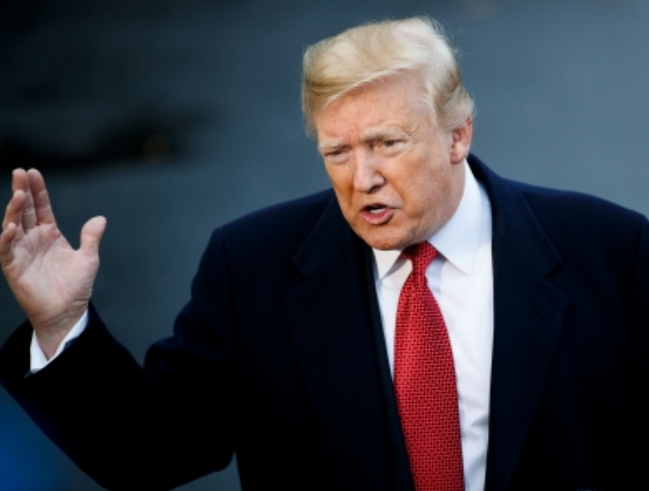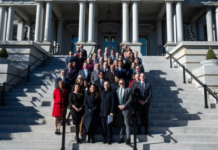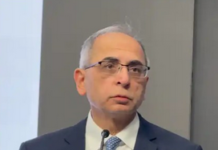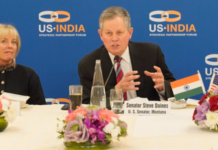NEW DELHI– President Donald Trump’s decision to hike tariffs on Indian exports in response to New Delhi’s continued purchase of Russian oil has reignited tensions between the two countries, according to a new report.
The report, titled “How to Lose an Ally Over 50% Tariffs” by One World Outlook, warns that the move could have long-term consequences for the U.S.-India relationship—one that Washington has spent decades cultivating.
“For two decades, the U.S. has invested in the idea of India as a natural counterweight to China. But through a pattern of strategic missteps—marked by economic nationalism, diplomatic coercion, and inconsistent standards—Washington risks alienating a partner it can ill afford to lose,” the report stated.
U.S. policymakers have long viewed ties with India as critical to containing China’s rise in the Indo-Pacific. From George W. Bush and Barack Obama to Trump and Joe Biden, there has been rare bipartisan consensus on India’s central role in the region. That vision has translated into deepening defense cooperation, technology partnerships, joint naval exercises, and multilateral frameworks such as the Quad, as well as newer initiatives like TRUST and COMPACT.
In 2024, the U.S. and India signed a 10-year defense roadmap and launched initiatives to promote joint innovation and supply chain integration. They also set an ambitious bilateral trade goal of $500 billion. India’s large consumer base, expanding tech ecosystem, and military modernization were seen as key assets in pushing back against Chinese influence.
Yet the report notes that, despite these robust ties on paper, the relationship continues to stumble over three core challenges: India’s insistence on strategic autonomy, the U.S.’s perceived double standards, and the economic nationalism of both countries.
India’s decision to continue purchasing Russian oil is not simply a policy disagreement, the report argues—it reflects a deeper philosophical divergence. Since gaining independence in 1947, India has pursued a multipolar foreign policy, balancing defense ties with Russia, economic relations with China, and strategic cooperation with the U.S. without aligning itself fully with any single power bloc.
By attempting to penalize India for its energy ties with Russia, Washington misjudges New Delhi’s resolve to defend its sovereignty, the report said. Rather than fostering alignment, such coercive tactics breed mistrust.
“The most damaging aspect of the current U.S. approach is its hypocrisy,” the report continued. “While the Trump administration imposes tariffs on India over Russian oil imports, it has paused tariffs on Chinese imports—even as Beijing continues to buy oil from both Russia and Iran. This glaring double standard is not lost on observers in India and beyond.”
Both India and the U.S. have increasingly pursued inward-looking economic strategies in recent years. While Prime Minister Narendra Modi promotes “Atmanirbhar Bharat” (Self-Reliant India), Trump champions “Make America Great Again.” The report warns that when such economic nationalism clashes, it undermines the foundations of bilateral partnership.
Trump’s tariff hikes, targeting key Indian exports such as pharmaceuticals, textiles, and auto parts, not only threaten Indian producers but also risk hurting American consumers and businesses that rely on affordable imports. In response, India may limit U.S. access to its burgeoning tech sector, delay defense purchases, or turn to other partners, the report noted.
The implications of U.S. actions extend beyond bilateral ties. As a growing voice for the Global South, India plays a bridging role between developed and developing nations. Its leadership in forums like the G20, BRICS, and the International Solar Alliance gives it significant diplomatic clout.
“By undermining its relationship with India, the U.S. weakens its ability to engage with the Global South,” the report concluded. “America’s credibility in Southeast Asia, Africa, and Latin America—already fragile—could erode further if India feels compelled to distance itself.” (Source: IANS)














